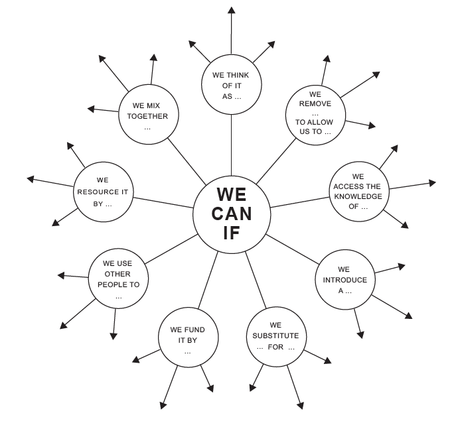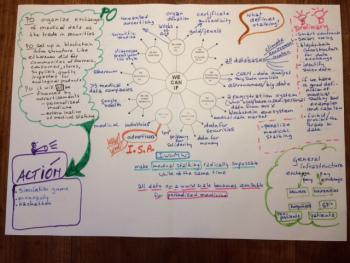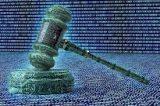This is the third post in the series "21st Century Challenges" about Who Owns Your Medical Data?. In the first post, we discussed the following:
In the future, Big Data algorithms and biometric sensors may detect and diagnose a disease before we have started to notice any discomfort or signs. But would you like your insurance company to tell you to stop eating x or y because according to the algorithm it might lead to the development of a disease in the future?
In the second post, How to regulate the ownership of medical data in law and with the help of technology?, we ended with a question that might propel us to a breakthrough idea:
In What Ways Might We make medical stalking radically impossible while at the same time all data on a world scale becomes available for personalized medicine.
We used the phrase We Can IF looking at different directions; designing at least three possibilities per direction.
We think of it as............
We remove ..............to allow us...............
We access the knowledge of ..............
We introduce .....
We substitute ....for.....
We fund it by .....
We use other people to .....
We resource it by .....
We mix together ...
- different types of data, i.e. medical, herbal, environmental to gain a complete picture while providing the individual with control.
- cookies with individual control

Formal Result

- Focus: what has been the focus? For what problem or challenge was you in need for an idea?
- Name. Make up a catchy name
- Idea: a description of the idea. How does it work?
- Value: why does the idea make sense? For who?


Value. A law against medical stalking will set a clear moral and ethical standard


The idea behind this thinking exercise has been to explore some possible thinking steps that might help us to get a solution or at least a direction for one of today's urgent issues as identified by Yuval Noah Harari in the book 21 Lessons for the 21st Century
Perhaps you might think that the results are not that spectacular or you may have had higher expectations. But that's not the point. The point is to make a deliberate effort to think about a pressing question without being an expert. You will experience the next months that, by doing this exercise, you will notice much more news and articles regarding this theme, just because it has set your mindset.
As we experienced with this article: A new DNA sequencing service wants to reward you for sharing your data, that just outlined our last idea.
We will continue this series in the next post: Education - What should we teach children?

